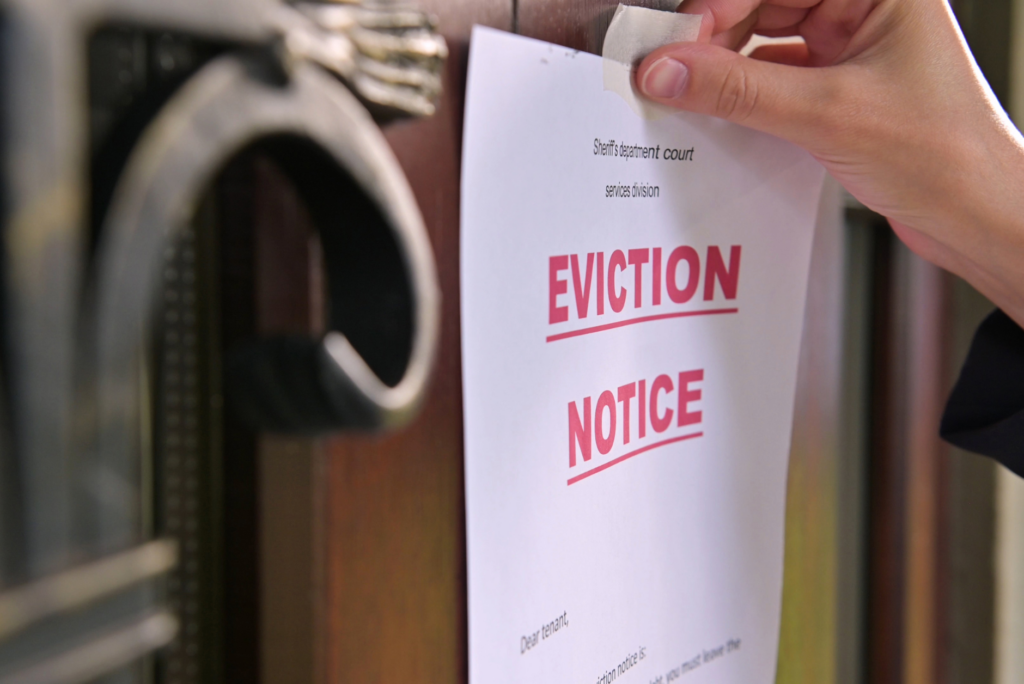
Los Angeles Landlord Eviction Guide: Learn Effective Property Management Strategies
Navigating the eviction process in Los Angeles requires a blend of savvy negotiation, legal precision, and unyielding patience—qualities every seasoned landlord should possess or strive to develop. The eviction landscape in LA is as complex and nuanced as the city itself, demanding a professional approach that respects both the letter of the law and the human element involved. This guide is your roadmap through the eviction process, designed to steer you clear of common pitfalls while upholding the highest standards of property management.
Setting the Stage: Valid Grounds Are Key
Embarking on an eviction begins with ensuring your reasons are as solid as the foundation of the Capitol Records Building. Whether it’s a case of chronic late payments, a breach of lease conditions, or plans to renovate, your grounds for eviction must be legally sound and thoroughly documented. This preliminary step is crucial, akin to laying down the first track on a studio recording—get it right, and everything else follows more smoothly.
The Art of Diplomacy: Communication Is Your First Move
Before the legal gears start turning, take a moment to engage directly with your tenant. A solution-oriented conversation can sometimes defuse tensions and lead to a mutually agreeable resolution without the need for formal eviction proceedings. Think of this approach as a pre-production meeting in the entertainment industry—exploring all avenues to ensure the project moves forward in harmony.
Action! Serving the Notice with Precision
If dialogue doesn’t yield a resolution, it’s time to serve your tenant with a formal notice. Whether it’s a 3-Day Notice for unpaid rent or a more extended notice for other lease violations, this document must be delivered with meticulous attention to detail. Serving notice is akin to calling “action” on set; it signifies that the formal process is now in motion, and every step must be executed flawlessly.
The Legal Main Event: Filing an Unlawful Detainer
Should the notice period lapse without remedy, the next course of action is to file an Unlawful Detainer lawsuit. This critical move shifts the eviction narrative into the courtroom, where the strength of your preparation and documentation takes center stage. Like a meticulously planned scene, every element—from evidence of the violation to records of communication—must be ready for scrutiny under the legal spotlight.
Courtroom Dynamics: Present Your Case with Authority
Facing a contested eviction in court is akin to a live performance, where preparation, poise, and presentation converge. This is your opportunity to articulate the justification for eviction, supported by a comprehensive dossier of documentation. The courtroom demands a professional demeanor, clear communication, and an unwavering commitment to factual accuracy.
The Final Act: Securing the Writ of Possession
A favorable ruling results in the issuance of a Writ of Possession, the legal mechanism that permits the recovery of your property. If necessary, this writ authorizes the sheriff to enforce the eviction, marking the conclusion of the process. Like the closing scene of a film, this step is definitive, yet executed with respect for all parties involved.
Behind the Scenes: Best Practices for a Professional Process
- Documentation Mastery: Maintain an exhaustive record of all interactions, payments, notices, and legal steps. In the world of property management, thorough documentation is akin to a well-kept ledger in business; it’s indispensable.
- Adherence to Legal Protocols: Navigate the eviction process with an unwavering commitment to legality. Every notice, filing, and court appearance must align with state and local regulations, mirroring the precision required in legal or financial audits.
- Professionalism Throughout: Approach each phase of the eviction with the professionalism expected in any high-stakes business interaction. This maintains the integrity of the process and upholds your reputation as a fair and law-abiding landlord.
- Expert Consultation: Engage with legal professionals who specialize in landlord-tenant law. Their expertise can guide you through complex situations, ensuring your actions are both effective and legally sound, much like a director relies on expert department heads to bring a vision to life.
In Summary
The eviction process in Los Angeles is a multifaceted procedure that demands a professional, informed approach. By understanding the legal landscape, communicating effectively, and proceeding with meticulous attention to detail, landlords can navigate these challenging waters with confidence. Remember, the goal is not only to resolve the immediate issue but to do so in a manner that preserves the integrity of the landlord-tenant relationship and sets a standard for excellence in property management.
